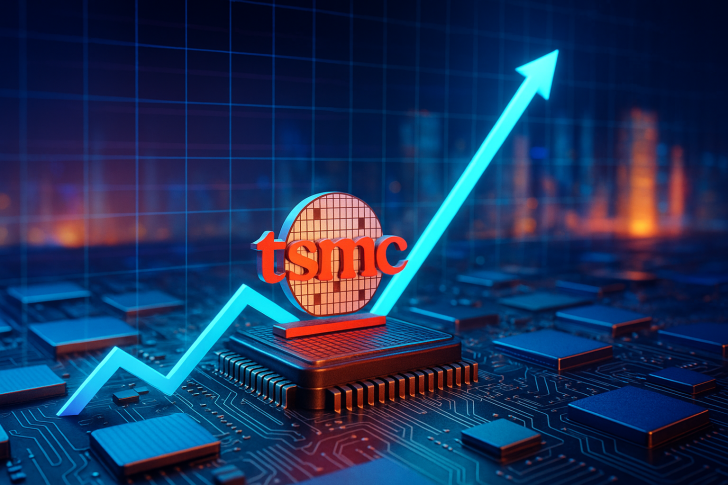⬤ TSMC reported record-breaking October revenue of $11.9 billion, reinforcing its critical position in the AI hardware boom. Hyperscalers are scrambling for access to TSMC's advanced 3-nanometer and high-bandwidth memory production lines, which are essential for next-generation AI infrastructure. Nvidia's Blackwell architecture rollout is amplifying this demand, creating an even tighter foundry bottleneck that's limiting how fast AI infrastructure can expand. For those tracking TSM stock and the semiconductor sector, these numbers confirm TSMC's dominant role in the global chip supply chain.
⬤ Policy risks are mounting as governments consider new tax frameworks that could hit semiconductor investments hard. Proposals include cutting R&D incentives, export-related tax credits, and manufacturing subsidies. Such reductions could squeeze smaller chip suppliers already struggling with high costs and capital demands, potentially triggering bankruptcies. Heavier taxation on fabrication projects might also drive engineering talent to countries with more favorable industrial policies. This comes at a critical moment when the AI chip supply chain is already stretched thin, adding uncertainty for companies dependent on TSMC's capacity.
⬤ Industry observers note the urgency of the situation. Market data shows cloud giants locking in long-term wafer supply agreements to secure the advanced chips needed for AI model training and deployment. This competition directly impacts both TSM stock performance and Nvidia's strategic position, as both companies anchor the AI infrastructure buildout.
⬤ TSMC's record revenue underscores the mounting pressure on the semiconductor ecosystem. As supply constraints tighten and policy uncertainties grow, TSMC's performance will continue shaping how quickly the global AI economy can scale.
 Eseandre Mordi
Eseandre Mordi

 Eseandre Mordi
Eseandre Mordi


